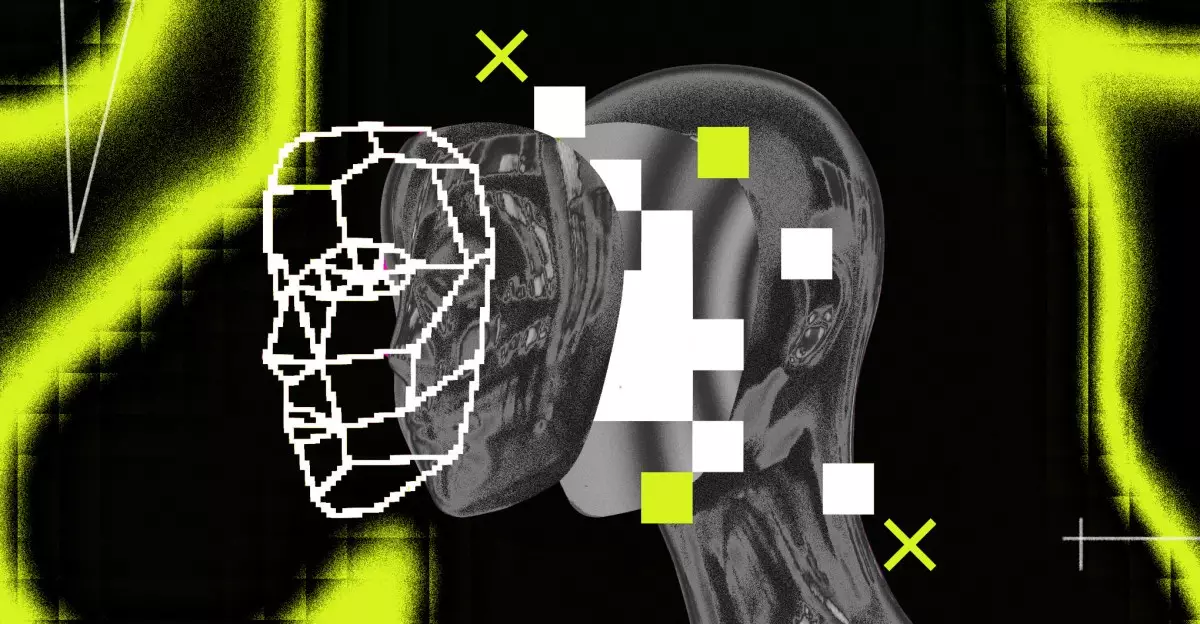The Take It Down Act has emerged as a potential legislative pillar designed to combat the insidious issue of non-consensual intimate imagery (NCII)—a term that captures a broad spectrum of serious online abuses from revenge porn to the increasingly problematic realm of AI-generated deepfake pornography. Sponsored by Senators Amy Klobuchar and Ted Cruz, the bill recently passed the Senate and seeks to impose criminal penalties for the dissemination of NCII. While the intentions behind this legislation are commendable—aimed at curbing online harassment and protecting victims—it raises a plethora of concerns about who wields its power and where that power might lead.
The bill obligates online platforms to remove reported NCII within 48 hours or face financial repercussions. On the surface, this provision aims to streamline the protective actions required in the digital space, ensuring victims are not left vulnerable in a world dominated by technology. Yet, one must examine the broader implications of allowing any legislative measure, particularly one defending free speech and press, to be manipulated by political forces.
Power in the Wrong Hands
Critics have voiced substantial concerns, particularly regarding the potential for the Trump administration to exploit the Take It Down Act as a political weapon. Adi Robertson, a notable policy editor, passionately argues that granting the Trump administration new tools to regulate speech presents a perilous scenario. Her insights hint at a storyline that many have become weary of, where laws meant to protect the vulnerable can also empower those in power to silence dissenting voices.
The glaring reality is that Trump has shown an alarming propensity to weaponize legal frameworks against individuals or entities that he perceives as adversaries. In a world where the very definition of ‘enemy’ is subjective and often fluid, placing trust in a political environment where the law can be selectively enforced is both naive and dangerous. Robertson’s perspective draws attention to the fact that Trump’s interpretations of justice could take on a particularly skewed nature, favoring allies while systematically undermining critics. The Take It Down Act risks becoming a tool for silencing free speech rather than a mechanism for ensuring justice.
The Juxtaposition of Safety and Control
There exists a paradox at the heart of the Take It Down Act. While it promises to safeguard victims of online harassment, it also opens the door to potential abuses of power that could stifle free expression. The relationship between technology and law is fraught with challenges, particularly as the digital landscape evolves rapidly. The very technologies designed to create and distribute NCII are spearheaded by platforms that are now targeted by this legislation. This convoluted relationship begs the question of whether these platforms can genuinely enforce this law impartially or if they, too, will fall victim to political machinations.
Moreover, the bill ushers in the daunting reality that the delineation between legitimate law enforcement and political maneuvering could become blurred. Historically, laws intended to impose order have sometimes resulted in the consolidation of power among the few. With the Trump administration’s approach to governance, the fear that such legislation could create a climate of fear, where individuals must self-censor to avoid unwanted scrutiny, becomes increasingly pronounced.
The Tech Titans in the Crossfire
The intersection of this legislation and major tech players, particularly Elon Musk, introduces another layer of complexity. Musk’s dual role as a private enterprise leader while being associated with governmental agendas raises questions about conflicts of interest. If platforms view their complicity with the Trump administration favorably, is there not a risk they may turn a blind eye to abuses or selectively apply the regulations outlined in the Take It Down Act? This nexus of corporate interests and political alliances could compound the issue, ultimately favoring those with existing power over marginalized voices.
In an environment increasingly characterized by allegations of ‘gangster tech regulation,’ legislation like the Take It Down Act must be scrutinized for its broader implications. With the potential to turn well-intentioned protections into instruments of suppression, the discourse around free speech and online security must evolve, ensuring that empowering one does not equate to disenfranchising another.
In the face of increasingly sophisticated technological threats, the conversation surrounding the regulation of speech and imagery online must consider not just the laws being put in place but the forces of power that would wield them. The consequences of the Take It Down Act have the potential to ripple through our society, shaping debates on freedom, justice, and the ethical boundaries of digital expression.

